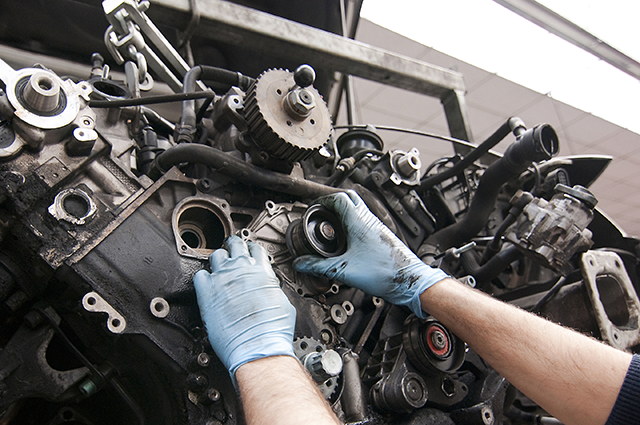That’s a pretty strong statement I made in the title, saying that people need car stickers and decals, isn’t it? I personally don’t use them myself, so I understand people who don’t and I really don’t care if you do put them on your car or if you purchase them from me. Oh… I just remembered… my wife just put an “UPWARDS” decal on our van to support our son’s sports league. Absolutesignsolutions.com.au company provides cheap, high-quality matt and stickers anywhere in Sydney.
Socio-Economic Factors: Who Puts these Graphics on Their Automobiles?
I have not done a scientific study of socio-economic layers of society to determine what percentage of the population puts car graphics on their vehicles. But as an offhand guess I would conjecture that 80 to 90% of automobiles on the road have decals of some sort on them. Maybe more, but I think that’s a pretty safe guess. There are those that state political bias, insult particular politicians or presidents, past and present; those that tell people where you went to school, humorous bumper stickers; and those telling the world what sports team or teams you root for, business posters advertising where you bought your car, and the list goes on.
I have noted that blue-collar guys (a.k.a. rednecks) like really big rear window vehicle graphic prints, preferably perforated decal material that covers the entire rear window of their jacked-up Chevy Nova or Ford pickup (gotta be careful here as I have a Ford F250 – but the rear window is clean). Usually it’s either an American Flag or a Rebel Flag. Sometimes such stuffs on the rear window are tasteless and tacky on these rigs, but blue-collar guys (and some gals) love their big auto graphic displays.
On the other end of the vehicle graphics socio-economic spectrum are the expensive cars like Mercedes and Lexus and Ferrari. These rarely display anything except maybe interior static clings of the Ivy League school they attended, or maybe the one their kid attends. Except for a friend of mine who owns a bunch of independent Verizon stores who completely decks out his Mercedes, Lexus, and Ferrari with full car wraps! His wife has a great sense of humor.
Then, there’s the middle where most of us live. The ones that we put on our autos tend to vary far more than either end of the socio-economic spectrum hitherto discussed. Whereas the blue-collar guys are thumbing their noses at the Lexus driver, and the Lexus driver is on his way to work to tell the blue collars what to do for the rest of their lives, the middle class is simply trying to belong.
Pride Factors: What Kind of Automobile Stickers and Decals Americans put on Their Automobiles
These image prints tell others that you are proud of your group, whatever that may be. It is programmed into the human psyche to belong – to a family, a church, a civic club, an alumni association, a fan club, and there are those for at least some of those associations in everyone’s life. As I stated in the first paragraph, we even have one now on the mini van for our son’s sports league. We belong.
Of course, geographically, most people around here support local sports teams with their car stickers and decals, unless of course, they’re from somewhere else. They still belong to a tribe somewhere and flaunt their tribe’s sports team’s graphic logos. Downtown there are so many various university and college vehicle decal prints, that to belong downtown, you just need to have gone somewhere. Humans need to belong to a tribe. What tribe do you belong to? I’ll bet I can tell by looking at your car’s graphic stickers.
Barry Brown has been in the Sign, Banner, Decal and Display Business for over 20 years. It isn’t what he thought he’d do with his life, but he says he knows too much now to do anything else!
He has been marketing these products online since 1998, and the company he was general manager of in 1998 was the first sign company to be listed on Yahoo!
Barry is a great resource for information regarding Signs, Banners, Decals, and Displays, and is also an outstanding source of information on how to shop online without getting ripped off.
He invites you to visit Visigraph and check more on stickers and decals designed for cars.


